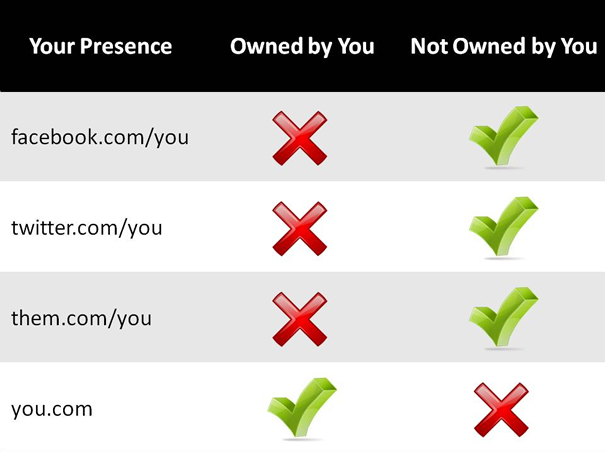Facebook Cut Your Reach, Google+ is Dead and Twitter is Over (or “It Always Goes Back to the Spaces You Actually Control”)
If you work in community, marketing or “digital” (whatever that means to you), you’ve probably heard a lot about the declining reach of Facebook pages, the death of Google+ and how Twitter isn’t far behind. Everybody loves to talk about platforms dying.
For what it’s worth, I don’t think any of these stories are that big of a deal. The Facebook reach drop is probably the most impactful one, but Facebook doesn’t owe pages anything and it was never said that they wouldn’t change how reach works on their platform. Google+ has provided value for some people, while others never found traction. And Twitter is still what you make it.
No matter how great third party platforms are performing, even if you could go back to the days when beer flowed like wine for brands on Facebook, one simple fact remains. It always goes back to the spaces you actually control.
When I keynoted at Podcamp Topeka in November of 2010, this slide was in my deck:

And there it is. If you haven’t been building up your own home base, your own website, your own hosted community, your own list, it’s on you. You’ve had time – plenty of it. Generally, the strategy for interacting on third party platforms has two aims: to interact directly on that platform and to encourage people to visit your own offering, in a manner that is acceptable within that platform.
That said, it’s never too late to start – or to re-focus. If these changes serve as the catalyst to increase your efforts on your own turf, then they may end up being a net positive for you and your community efforts.

